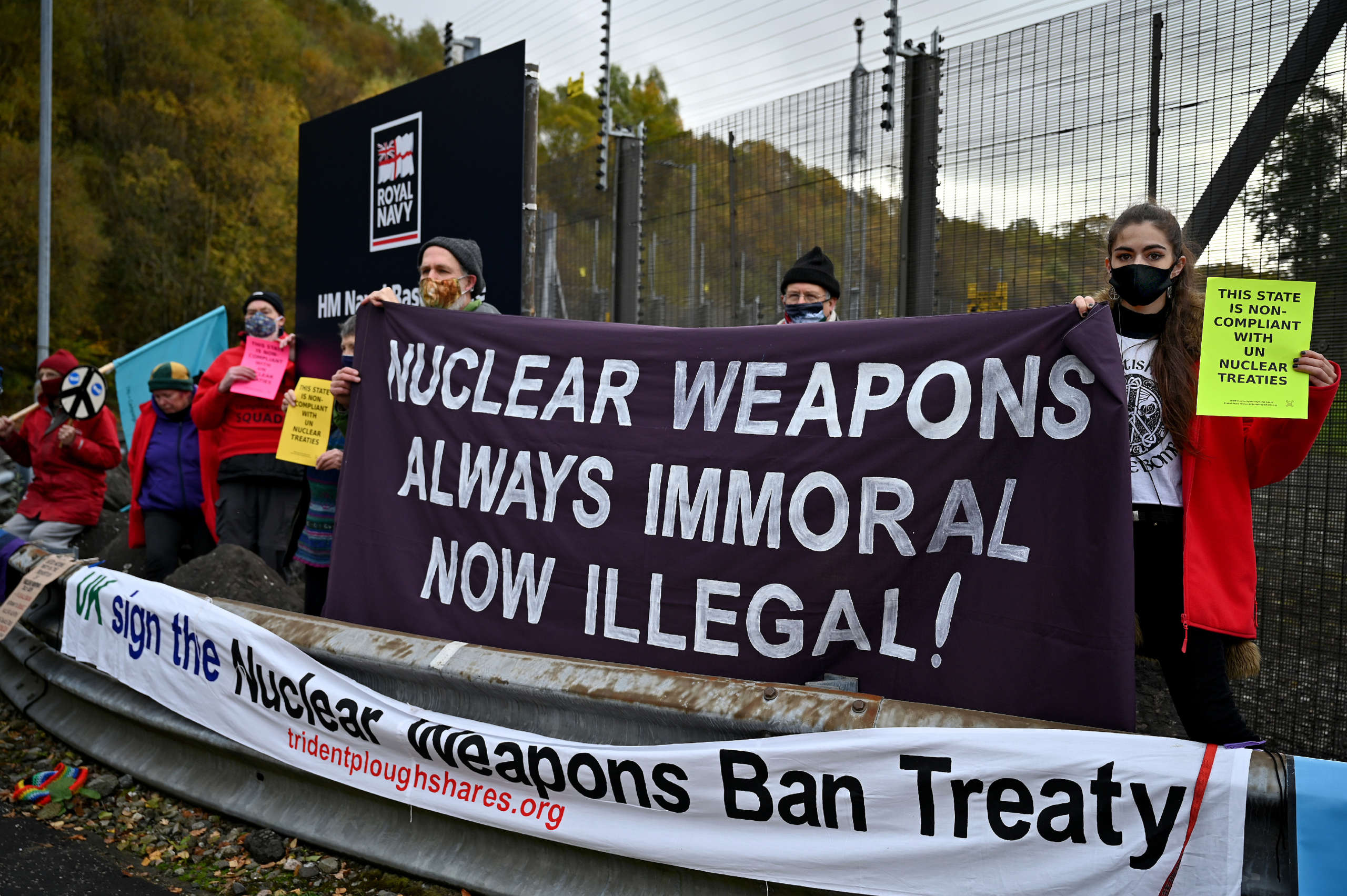Recent News
Nothing Found
It seems we can’t find what you’re looking for. Perhaps searching can help.
Abolishing Nuclear Weapons is a Moral Imperative
View Recording of the March 9th PDA CNM Community Gathering:
PDA CNM welcomed Archbishop John C. Wester, Archbishop of Santa Fe, and our own executive director of Nuclear Watch New Mexico, Jay Coghlan, to speak at their March 9, 2022 monthly gathering: “[Archbishop Wester's] courage in speaking out against the proliferation of nuclear weapons inspires us at PDACNM to follow his example and continue the fight against this peril, especially given the threat of a possible imminent war between two nuclear powers.
Jay Coghlan, executive director of Nuclear Watch New Mexico, has worked successfully against radioactive incineration at the Los Alamos National Lab, and in Clean Air Act, Freedom of Information Act and National Environmental Policy Act lawsuits against the Department of Energy. He prompted a 2006 independent study that concluded plutonium pits last at least a century, refuting the NNSA’s assertion that we “need” new-design nuclear weapons and expanded plutonium pit production.”
The Nuclear Ban Treaty
Overview
The U.N. Treaty
on the Prohibition of Nuclear Weapons
On 7 July 2017 – following a decade of advocacy by ICAN and its partners – an overwhelming majority of the world’s nations adopted a landmark global agreement to ban nuclear weapons, known officially as the Treaty on the Prohibition of Nuclear Weapons. It will enter into legal force once 50 nations have signed and ratified it.
Prior to the treaty’s adoption, nuclear weapons were the only weapons of mass destruction not subject to a comprehensive ban, despite their catastrophic, widespread and persistent humanitarian and environmental consequences. The new agreement fills a significant gap in international law.
It prohibits nations from developing, testing, producing, manufacturing, transferring, possessing, stockpiling, using or threatening to use nuclear weapons, or allowing nuclear weapons to be stationed on their territory. It also prohibits them from assisting, encouraging or inducing anyone to engage in any of these activities.
Why a ban?
A nation that possesses nuclear weapons may join the treaty, so long as it agrees to destroy them in accordance with a legally binding, time-bound plan. Similarly, a nation that hosts another nation’s nuclear weapons on its territory may join, so long as it agrees to remove them by a specified deadline.Nations are obliged to provide assistance to all victims of the use and testing of nuclear weapons and to take measures for the remediation of contaminated environments. The preamble acknowledges the harm suffered as a result of nuclear weapons, including the disproportionate impact on women and girls, and on indigenous peoples around the world.
The treaty was negotiated at the United Nations headquarters in New York in March, June and July 2017, with the participation of more than 135 nations, as well as members of civil society. It opened for signature on 20 September 2017. It is permanent in nature and will be legally binding on those nations that join it.
Nuclear weapons are the most inhumane and indiscriminate weapons ever created. That is why it is time to end them, before they end us.
Nuclear weapons are the most inhumane and indiscriminate weapons ever created. They have catastrophic humanitarian and environmental consequences that span decades and cross generations; they breed fear and mistrust among nations, as some governments can threaten to wipe out entire cities in a heartbeat; the high cost of their production, maintenance and modernisation diverts public funds from health care, education, disaster relief and other vital services. Banning these immoral, inhumane weapons under international law was a critical step along the path to ending them.
With the adoption of the UN Treaty on the Prohibition of Nuclear Weapons (TPNW) on July 7th, 2017, the world's majority took a critical step towards making that nuclear-weapon-free future a reality.
Nuclear Weapons Ban Treaty News & Updates
The Treaty on the Prohibition of Nuclear Weapons: A brief explanation by Rick Wayman
Nuclear Weapons Have Always Been Immoral. Now They’re Illegal.
On 7 July 2017, the Treaty on the Prohibition of Nuclear Weapons (TPNW) was adopted by the UN General Assembly. Just over three years later, the TPNW reached the 50 national ratifications needed to become international law. The treaty will enter into force on January 22, 2012, and nuclear weapons will become officially illegal under international law. This day will represent a culmination of years of campaigning for nuclear weapons to be reframed as a collective humanitarian problem, one which requires prohibition and elimination, rather than a national military defense asset that needs to be managed and even upgraded.
Nuclear weapons have always been inhumane and unacceptable, soon they will be illegal – Tilman Ruff
“The radioactive incineration unleashed by nuclear war involving even less than 1% of the global nuclear arsenal targeted on cities in one part of the world would be followed by a worldwide nuclear ice age and nuclear famine, putting billions of people’s lives in jeopardy.”
On Saturday 24 October 2020, Honduras brought the number of nations ratifying the United Nations Treaty on the Prohibition of Nuclear Weapons (‘TPNW’) to 50. This milestone means that after 90 days have elapsed, on 22 January 2021, the treaty will enter into legal force, becoming international law and binding on the states that have ratified it, and all those which ratify in future. The treaty will, however, stigmatise nuclear weapons for all states, whether or not they join the treaty.
It is fitting that 24 October also marked the 75th anniversary of the founding of the UN, ‘determined to save succeeding generations from the scourge of war’. The very first resolution of the UN General Assembly, on 24 January 1946, established a commission to develop a plan for the elimination of atomic weapons.
This is a historic achievement and an enormous win for humanity and planetary health. Outlawing nuclear weapons is an essential step towards eliminating them, which is the only reliable way to prevent their use.
Nuclear Disarmament tops UN agenda
3 Oct 2020 – The United Nations General Assembly holds a high-level meeting to commemorate the International Day for the Total Elimination of Nuclear Weapons. Because of the COVID-19 pandemic, many leaders speak by pre-recorded video to call for a nuclear-weapon-free world.
ONE YEAR OF U.S. NUCLEAR WEAPONS SPENDING WOULD PROVIDE 300,000 ICU BEDS, 35,000 VENTILATORS AND SALARIES OF 75,000 DOCTORS
MATTHEW IMPELLI | newsweek.com
The amount of money spent in one year by the U.S. on nuclear weapons could instead provide 300,000 ICU (intensive care unit) beds, 35,000 ventilators and 75,000 doctors’ salaries, according to the International Campaign to Abolish Nuclear Weapons (ICAN)–a “coalition of non-government organizations promoting adherence to and implementation of the UN [United Nations} nuclear weapon ban treaty.”
In its recent report, the group stated that, according to armscontrol.org, the U.S. spent $35.1 billion on nuclear weapons in 2019. The costs are based on reported averages, but the study noted that the $35.1 billion in nuclear weapons spending would instead pay for “300,000 beds in intensive care units, 35,000 ventilators, and the salaries of 150,000 U.S. nurses and 75,000 U.S. doctors.”
ICAN IGTV
The international campaign to abolish nuclear weapons on instagram (@nuclearban) tackling some of the more technical legal questions of the treaty: what does entry into force mean, what happens now? Joined with experts, they dive into international law and the TPNW (without getting too technical!) through instagram chats to help break it all down.
View this post on InstagramTim Wright in conversation with Associate Professor Treasa Dunworth of the University of Auckland
A post shared by ICAN (@nuclearban) on
View this post on InstagramA post shared by ICAN (@nuclearban) on
View this post on InstagramA post shared by ICAN (@nuclearban) on
Nothing Found
It seems we can’t find what you’re looking for. Perhaps searching can help.
Quotes
Nothing Found
It seems we can’t find what you’re looking for. Perhaps searching can help.
All Nuclear Arms Reduction and Non-Proliferation Updates & Recent News
As the NonProliferation Treaty’s 50th Anniversary Approaches U.S. to Soon Fund New Nuclear Warhead at $1 Billion Per Year
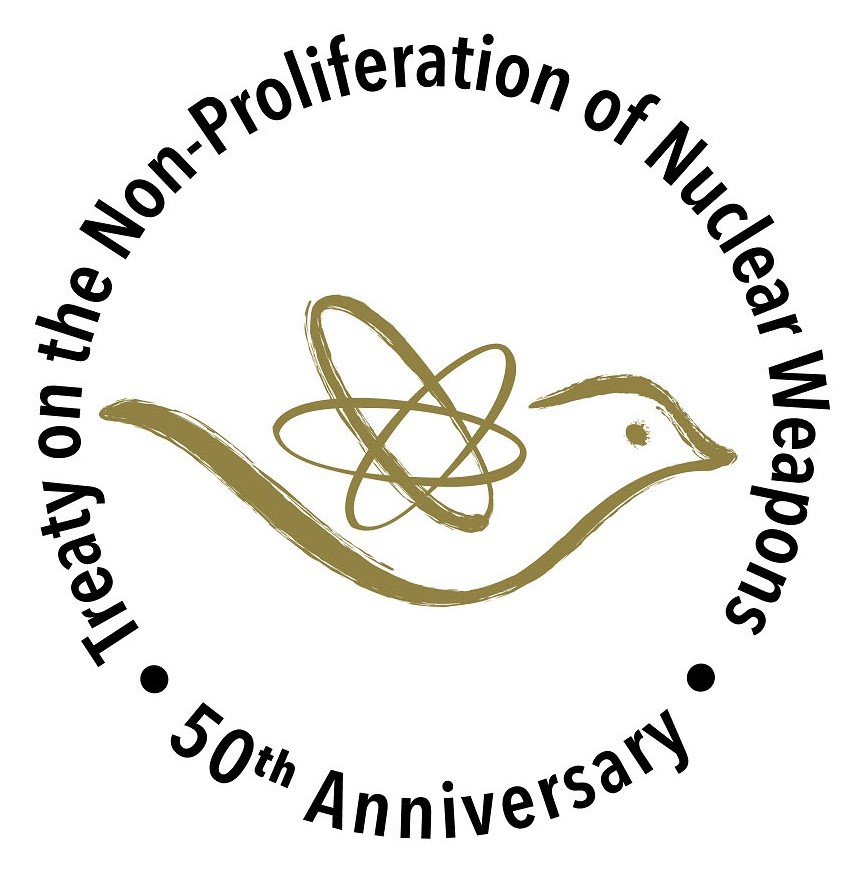
Santa Fe, NM – This March 5, 2020, marks the 50th anniversary of the NonProliferation Treaty, whose central bargain was that non-nuclear weapons states forswore acquiring them in exchange for which nuclear weapons states promised to enter into serious negotiations leading to their elimination. Those negotiations have never happened.
The Trump Administration has marked the occasion by finally releasing the detailed fiscal year 2021 Congressional Budget Request for the Department of Energy’s semi- autonomous nuclear weapons agency, the National Nuclear Security Administration (NNSA). The NNSA’s program for new and upgraded nuclear weapons gets a 3 billion dollar-plus mark up to $15.6 billion, slated to jump to $17 billion annually by 2025. This includes a new nuclear warhead, the submarine launched W93, initially funded at $53 million in FY 2021, but slated to climb to $1.1 billion annually by 2025. New warhead design and production typically take around 15 years or more.
The White House gave this nuclear agency a giant funding increase. Can it spend it all?
“The proposed $3.1 billion increase for weapons is simply sprinting toward failure, and Congress should right-size NNSA’s workload to match what the complex can realistically do,” – Rep. Marcy Kaptur, D-Ohio
ARTICLE BY: AARON MEHTA | defensenews.com
WASHINGTON — Members of Congress used a hearing Tuesday to question whether the National Nuclear Security Administration, a semiautonomous arm of the Department of Energy that handles development of nuclear warheads, can spend an almost 20 percent funding increase requested by the Trump administration.
Trump Proposes 25 Percent Bump in Nuke Spending
“Taxpayers in 2020 should not be forced to pay for a ticket back to nuclear weapons policies of the 1980s,” John Tierney, executive director of the Center for Arms Control and Non-Proliferation, said in a statement. Pit production funding wasn’t included in the overview. Energy Department officials said a full budget proposal would become available in the coming weeks.
“Globally, Trump’s nuclear weapons budget is fueling a new nuclear arms weapons race, particularly with a new plan for a new nuclear warhead,” said Jay Coghlan, executive director of New Mexico Nuclear Watch. “It solidifies Los Alamos lab’s future as a nuclear bomb plant, especially while nonproliferation, renewable energy and cleanup programs are held flat or cut.”
BY: SCOTT WYLAND |santafenewmexican.com
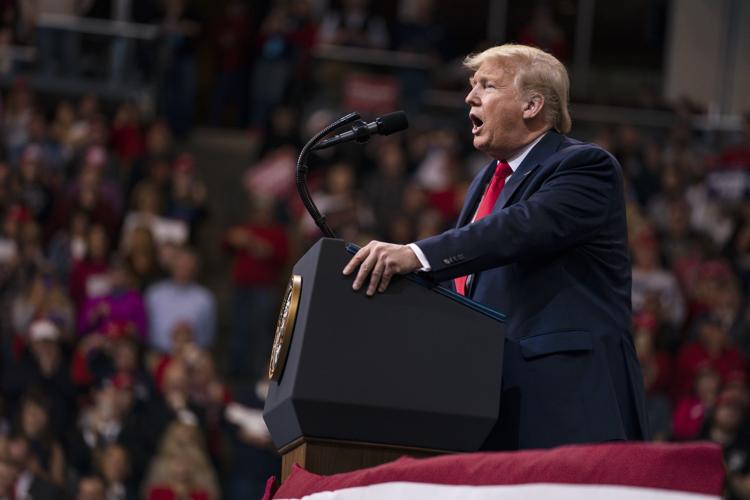
President Donald Trump is proposing a 25 percent increase in nuclear weapons spending that will include developing a new warhead for submarine-launched ballistic missiles, according to a preliminary 2021 budget overview released Monday.
The National Nuclear Security Administration, a semi-autonomous branch of the U.S. Energy Department, would see its budget increase by 18.4 percent to $19.8 billion next fiscal year, partly to ramp up production of plutonium pits at Los Alamos National Laboratory and Savannah River Site in South Carolina.
Putin wants to extend arms control. What’s Trump waiting for?
“Arms control takes political willpower. Binding and verifiable treaties are worth the effort. The weapons themselves are as cataclysmic in their power as ever. Have we lost the willpower to keep them in check?”
EDITORIAL BOARD | washingtonpost.com
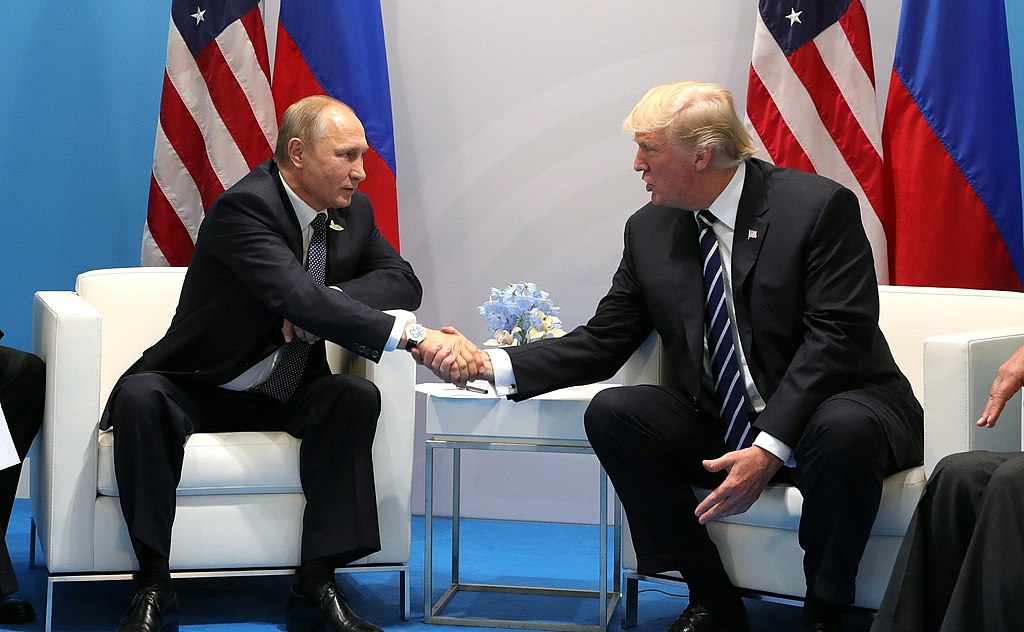
The clock is ticking toward expiration of the last major nuclear arms control treaty, New Start, which will end a year from now if not extended by the United States and Russia. Should it lapse, the path will be open to another dangerous arms race, hardly what the world needs. Right now, all signs are pointing in the wrong direction.
COMMUNITIES PUSH BACK AGAINST REPORTS OF HUGE NUCLEAR WEAPONS BUDGET INCREASE
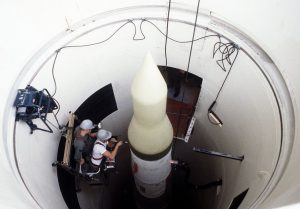
Multiple sources indicate the FY2021 budget request from the Trump Administration will seek a dramatic increase in funding for nuclear weapons—an unprecedented leap of 20% over current spending levels, bringing the total for The National Nuclear Security Administration to $20 billion. Reportedly, the increase is earmarked principally for modernization programs for warhead design and plutonium pit manufacturing facilities.
The Alliance for Nuclear Accountability released a letter to Congressional leadership calling for a hard look at the budget request when it arrives, scheduled for February 10, and encouraging House and Senate members to reject the increase as unjustified and unwise.
Courting Disaster: How Not to Manage Existential Threats to National Security
Washington’s pursuit of national ballistic missile defense for the last twenty years has, as much as anything else, driven Russian and Chinese strategic nuclear weapons acquisition decisions.
BY: ROBERT GALLUCCI | nationalinterest.org
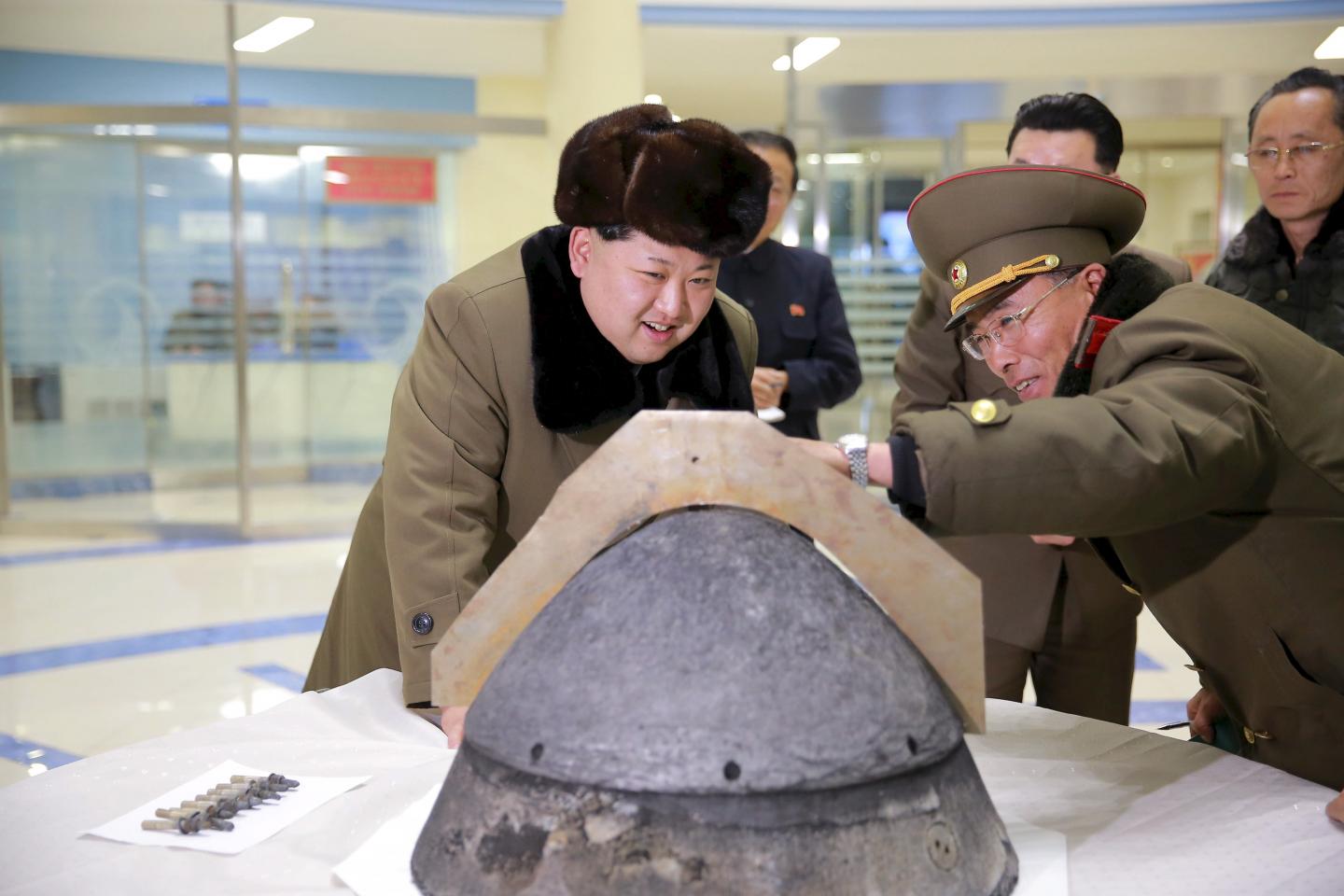
There are a small number of threats to our nation’s security, involving truly catastrophic consequences, which may be managed by good public policy. Some of these involve uncertainties over scientific or technological developments that could lead to good, as well as very bad outcomes. Think designer biology, quantum computing and artificial intelligence. But two stand out both for the certainty and magnitude of their destructive impact: climate change and nuclear weapons.
What does good public policy look like when dealing with nuclear weapons? It looks like actions that reduce uncertainty, increase transparency and security, and decrease numbers. It is called “arms control.”
US arms control office critically understaffed under Trump, experts say
State department office whittled down in staff numbers from 14 at start of administration to four as Trump shifts approach
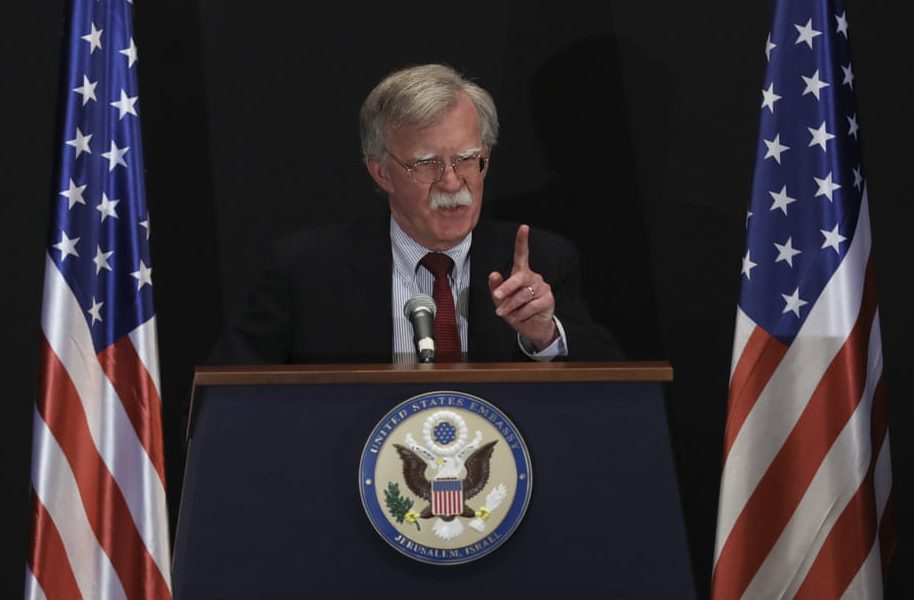
BY JULIAN BORGER | theguardian.com
A state department office tasked with negotiating and implementing nuclear disarmament treaties has lost more than 70% of its staff over the past two years, as the Trump administration moves towards a world without arms control for the first time in nearly half a century.
The Office of Strategic Stability and Deterrence Affairs, normally a repository of expertise and institutional knowledge that does the heavy lifting of arms control, has been whittled down from 14 staffers at the start of the Trump administration to four, according to the former staffers.
Nuclear weapons: experts alarmed by new Pentagon ‘war-fighting’ doctrine

US joint chiefs of staff posted then removed paper that suggests nuclear weapons could ‘create conditions for decisive results’
[T]he new document “is very much conceived as a war-fighting doctrine – not simply a deterrence doctrine, and that’s unsettling”. – Steve Aftergood of the Federation of American Scientists, who downloaded and publicized the new policy document before the Pentagon pulled it from the internet.
theguardian.com | The Pentagon believes using nuclear weapons could “create conditions for decisive results and the restoration of strategic stability”, according to a new nuclear doctrine adopted by the US joint chiefs of staff last week.
The document, entitled Nuclear Operations, was published on 11 June, and was the first such doctrine paper for 14 years. Arms control experts say it marks a shift in US military thinking towards the idea of fighting and winning a nuclear war – which they believe is a highly dangerous mindset.
“Using nuclear weapons could create conditions for decisive results and the restoration of strategic stability,” the joint chiefs’ document says. “Specifically, the use of a nuclear weapon will fundamentally change the scope of a battle and create conditions that affect how commanders will prevail in conflict.”
Brave Political Leadership on Disarmament?
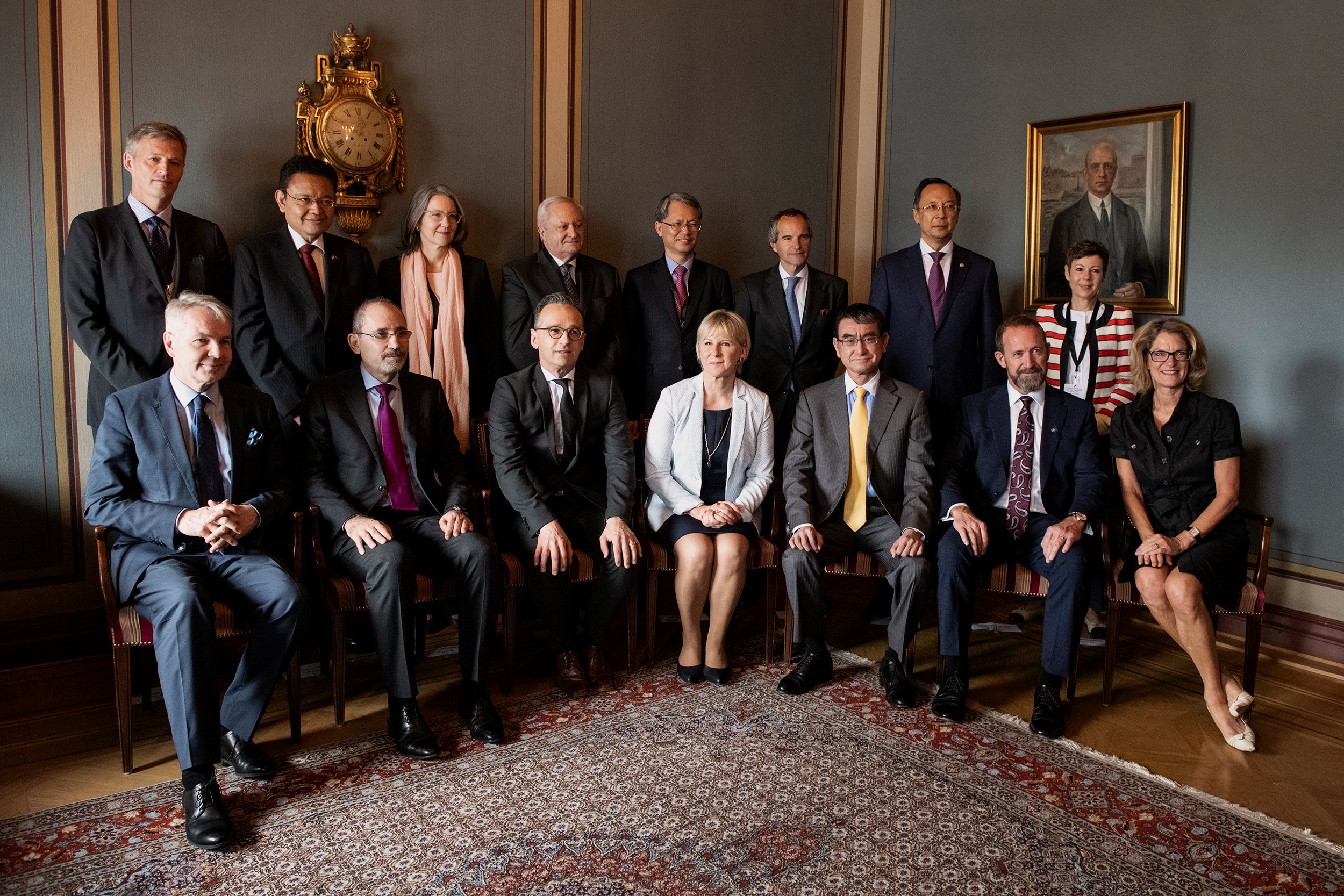
By Alicia Sanders-Zakre
Foreign ministers and high-level representatives from 15 non-nuclear-armed countries gathered in Stockholm on Tuesday to discuss advancing disarmament, amidst an ever-deteriorating arms control, disarmament and nonproliferation landscape. The resulting joint statement falls far short of the creative thinking and urgency required to rebut current nuclear threats, including an impetuous U.S. President with the launch codes and an effort to dramatically increase the production of radioactive nuclear bomb cores at Los Alamos National Laboratory.
2019 Preparatory Meeting for 2020 Nonproliferation Treaty Review Conference Ends in Failure
NPT Looks Ahead to 2020 Review Conference Without Consensus Recommendations
BY ALICIA SANDERS-ZAKRE | armscontrol.org
NPT states-parties failed to adopt a common set of recommendations for the 2020 Review Conference on the final day of the two week-long 2019 PrepCom on Friday, May 10. Nevertheless, most states expressed optimism in concluding statements about prospects for next year’s review conference and underlined the importance of action in the intervening 12 months on key NPT-related commitments.
The recommendations drafted by the chair, Syed Hussin of Malaysia, failed to garner consensus especially after a round of revisions that sought to take into account the suggestions of the majority of NPT states-parties led several nuclear-weapon states and some of their allies to express their displeasure and their support for the earlier draft. Since NPT states did not adopt the revised draft recommendations by consensus, the document will be issued instead as a working paper submitted by the PrepCom chair. The chair also issued an 8-paragraph reflection on the PrepCom.
In his closing remarks, the incoming president-designate of the 2020 Review Conference, Rafael Mariono Grossi of Argentina promised to “begin work on Monday” on an ambitious plan for consultations with states-parties.
He later tweeted: “As #NPT2019 closes work starts to prepare a successful Review of Non-Proliferation Treaty in 2020. I will consult extensively reach out to all. Everybody’s goal is success. No less.
As #NPT2019 closes work starts to prepare a successful Review of Non Proliferation Treaty in 2020. I will consult extensively reach out to all. Everybody’s goal is success. No less. @UN_Disarmament @CancilleriaARG @ArmsControlNow @NTI_WMD pic.twitter.com/pbaWHq2rsN
— Rafael MarianoGrossi (@rafaelmgrossi) May 10, 2019
2021 & Earlier
Nothing Found
It seems we can’t find what you’re looking for. Perhaps searching can help.
Resources
Nothing Found
It seems we can’t find what you’re looking for. Perhaps searching can help.
Nothing Found
It seems we can’t find what you’re looking for. Perhaps searching can help.
Quotes
Nothing Found
It seems we can’t find what you’re looking for. Perhaps searching can help.


